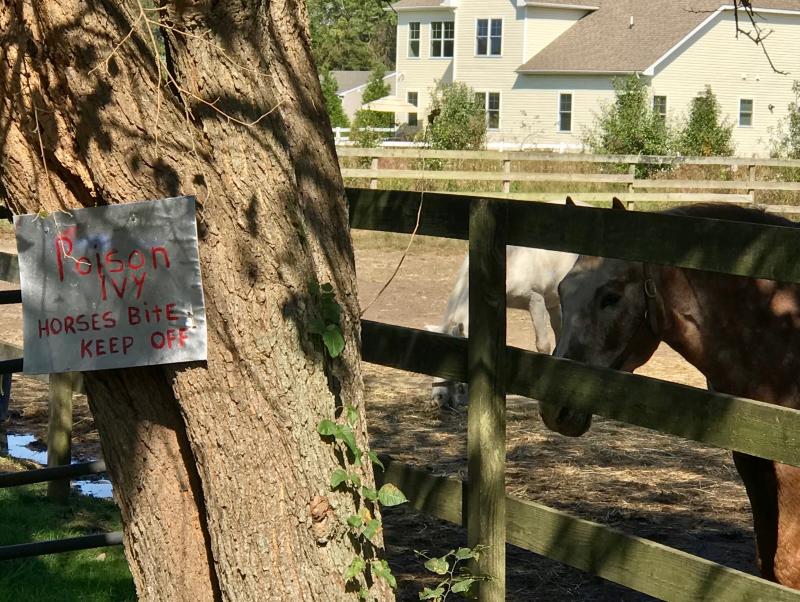The latest in the City of Lewes-Public Works dispute saga
SUMMARY: Lewes Board of Public Works vs. City of Lewes - Former BPW President Wendell Alfred says wheels started falling off when the city commissioned a secret utility authority report. “A slap in the face.” Minutes show pre-annexation agreement dispute was the catalyst. Current BPW president says board members recently offered to freeze all but core dispute over authority. City rejected offer; filed motion to dismiss BPW suit.
DEEPER DIVE: Wendell Alfred served as an elected member of Lewes Board of Public Works for 18 years, many of those as chairman. He dates the current and costly dispute between the Mayor and Council of the City of Lewes and the Board of Public Works back to the cold, early months of 2017 when he was still on the board.
“Up until that point, we worked cooperatively and transparently with the Mayor and Council on all kinds of issues. A couple of our board members and our managers would meet with the mayor and city manager almost monthly for discussions.”
But that changed, said Alfred, when one day a consultant’s report commissioned by the city was handed to BPW members.
“The city spent $35,000 or $55,000 on this report to determine who has ultimate authority over the utilities. It was never discussed in advance with us; they just went ahead and did it. We were shocked,” said Alfred. “It felt like a slap in the face. In my opinion, that’s when things started going south between the city and the BPW. And I don’t think we were ever given a reason.”
The dispute, now making its way through Sussex County Superior Court, hinges on two questions: 1. Does the Mayor and Council or the Board of Public Works have ultimate authority over the city’s utilities? 2. Is it legal for the Mayor and Council to require property owners outside city limits, but in the Board of Public Works service area, to sign an agreement stating they will annex into the city when the city asks them to, before they are provided with Board of Public Works sewer, water and electricity services?
Alfred said the report concluded the City of Lewes has ultimate authority. “So we went out and commissioned our own study and report,” said Alfred. Given the current stalemate, readers won’t be surprised to learn that the BPW’s report concluded that it, not the Mayor and Council, has ultimate authority.
Looking at public records, however, it doesn’t appear BPW members should have been taken completely by surprise. Minutes of the BPW’s Jan. 25, 2017 meeting – before the city report was commissioned and circulated – show a lengthy discussion about whether to rescind a resolution BPW members had previously passed agreeing to require the pre-annexation agreement. That discussion apparently led city officials to seek the study and report to determine whether BPW members had the authority to disregard the city directive regarding the pre-annexation agreement.
In the meantime, BPW President Pres Lee told me Mayor and Council recently rejected an offer by BPW members to freeze all litigation until the two central questions have been decided by a Superior Court judge. “Essentially, our board members met and agreed to a reset. We and the city had originally agreed to present our arguments to the court and stand by whatever decision the judge made regarding ultimate authority. We filed our case, but the city has not. Instead, they went ahead with their motion to dismiss the case altogether, so the back and forth is continuing.”
Nick Roth has been reporting on the legal wrangling between the two entities. He has filed a Freedom of Information Act request to both entities for an accounting of the mounting legal expenses incurred through September. The Cape Gazette will report those numbers when received.
As a columnist, I have also requested copies of the two reports commissioned back in 2017 by the two entities. Mayor Ted Becker and BPW President Pres Lee have agreed to release the reports despite a nondisclosure agreement signed back then.
I applaud their decision to release the reports, which from the sound of things may not shed any definitive light on the current disagreement. But who knows – they may.
At the same time, I have a problem with nondisclosure agreements when it comes to reports costing thousands of dollars of taxpayer and ratepayer money.
These officials are doing the public’s business, and the public has a right to know how its money is being spent, especially when it relates to being more informed. That’s how democracy works best.






















































